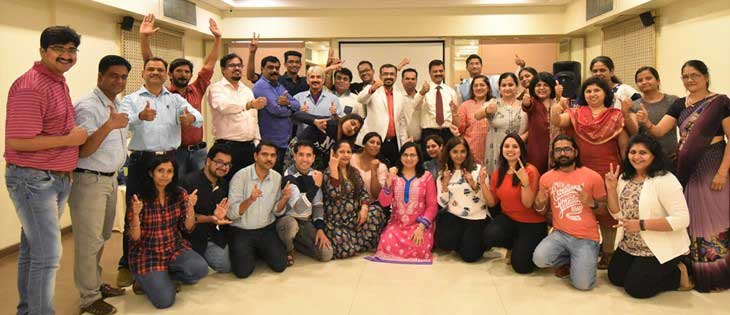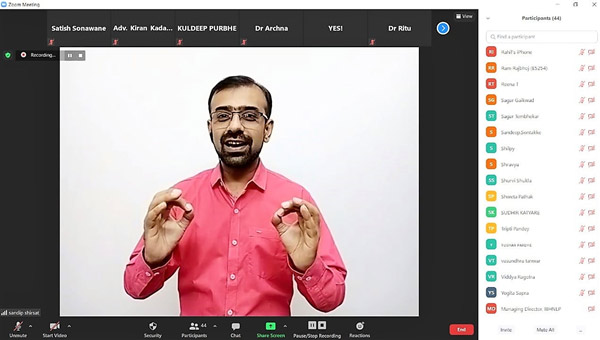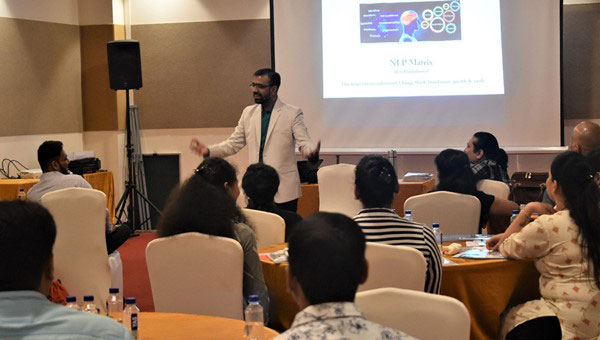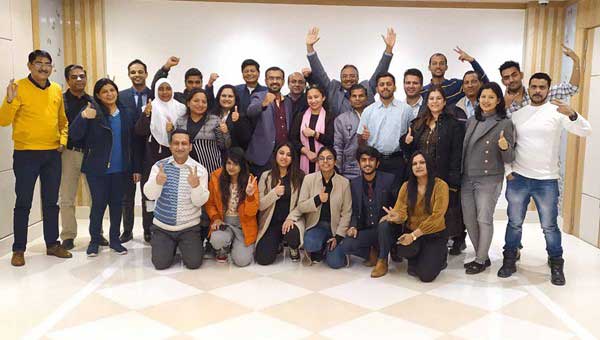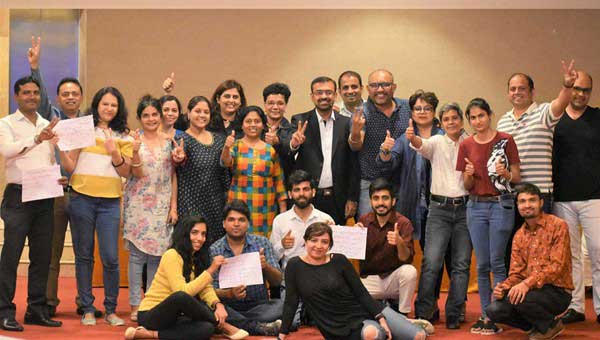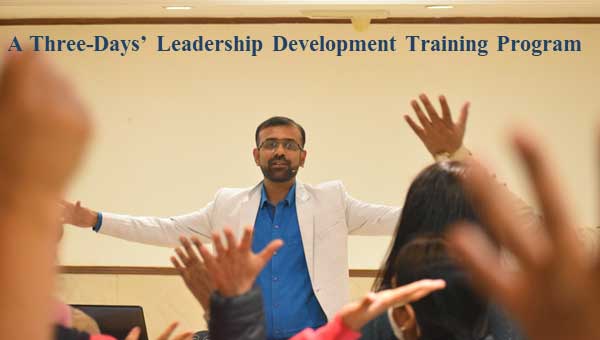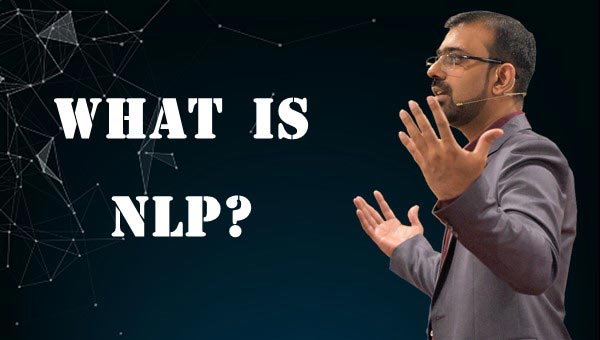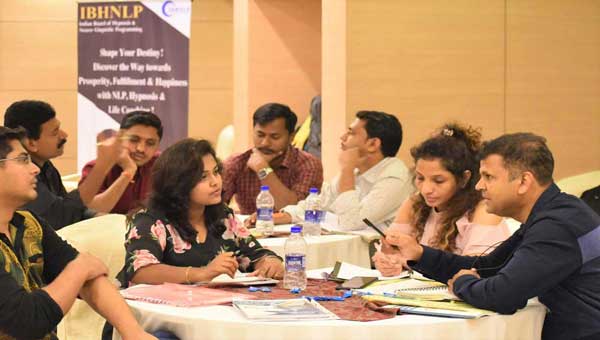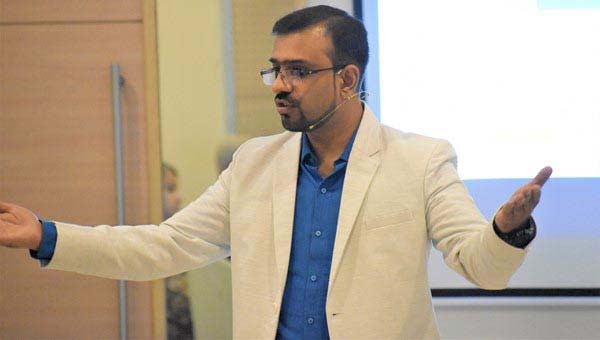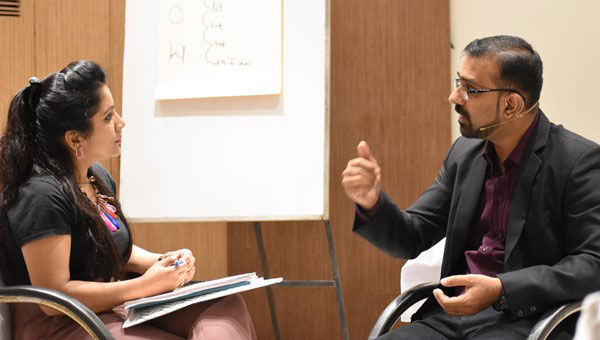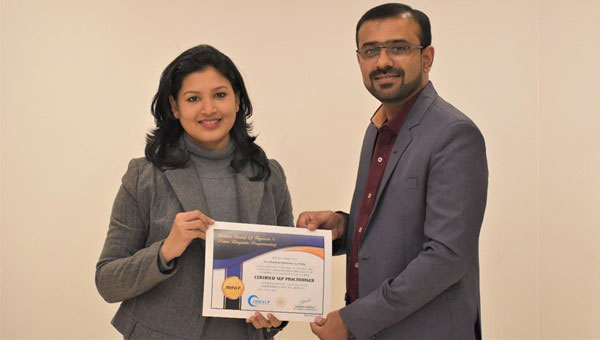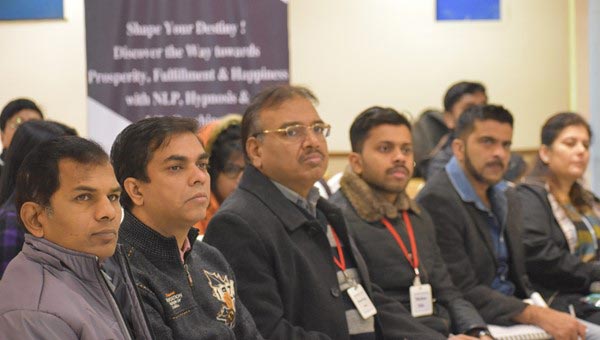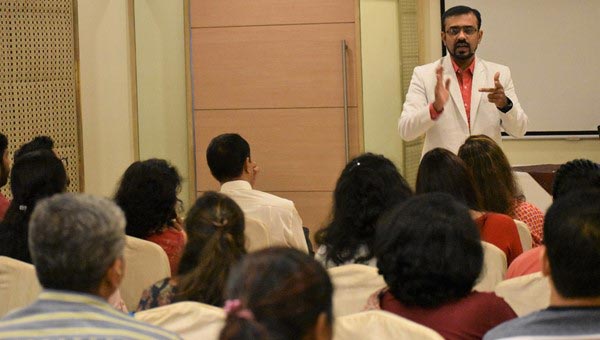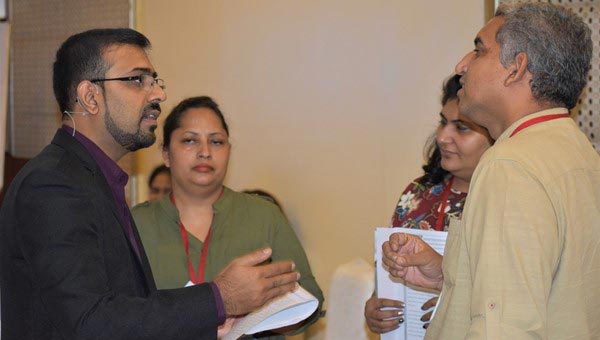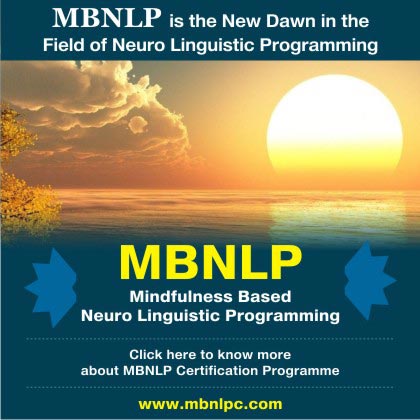What is NLP?
NLP stands for Neuro-Linguistic Programming. It includes the three most influential components involved in producing human experience: Neurology, Language, and Programming. The neurological system controls how our bodies function, language determines how we receive and produce the specific pattern of communication with other people and our programming determines the kinds of models of the world we create. Neuro-Linguistic Programming describes the fundamental dynamics between mind (neuro) and language (linguistic) and how their interplay affects our body and behaviour (programming).
Neuro-Linguistic Programming is a method of influencing our brain’s behavioural patterns through the use of language and other types of communication to enable a person to "recode" the way our brain responds to stimuli and manifest new and better behaviours. Every individual’s brain is programmed in a certain way to respond in a certain condition. Neuro-Linguistic Programming often includes hypnosis, self-hypnosis & conversational-hypnosis to help achieve the change (or "programming") that is desired.
According to Oxford Dictionary, Neuro-Linguistic Programming is "a model of interpersonal communication chiefly concerned with the relationship between successful patterns of behaviour and the subjective experiences (esp. patterns of thought) underlying them" and "a system of alternative therapy based on this which seeks to educate people in self-awareness and effective communication, and to change their patterns of mental and emotional behaviour."
In the late 1960s, two colleagues Richard Bandler and John Grinder started studying therapists & other top performers: How they are producing results. Richard Bandler was studying at the University of California in those days. He had an interest in psychotherapy.
He and colleague John Grinder closely studied Virginia Satir and Fritz Perls, the well-known therapists, who were producing some amazing results. They also didn’t know for themselves how were they doing that. It was named as intuition. Grinder & Bandler realized that the supposed "intuition" both used in their work had a structure. From this study of the conscious, subconscious & unconscious behavioural patterns of the therapist Neuro-Linguistic Programming grew.
Later, Bandler and Grinder studied the hypnotist Milton H Erickson. Combining his approach with that of Satir and Perls produced a highly effective therapeutic model. Conversational Hypnosis was added later on.
How Neuro-Linguistic Programming differs from Other Therapies?
Sandip distinguishes Neuro-Linguistic Programming from Hypnosis as NLP is the Updated Science of Instant Change. It’s an educational process which can do miracles for individuals on emotional as well as behavioural level. It doesn’t carry that time consuming & tedious process of hypnosis.
NLP stands for instant & everlasting change. Neuro-Linguistic Programming differs from most therapies in that it is solutions-oriented. It is not interested in analyzing and dissecting a "problem", but rather focuses on finding satisfactory outcomes for clients. NLP is not only used for therapeutic purposes, but also for producing peak results.
Many top sportsmen and sportswomen use Neuro-Linguistic Programming Techniques to enhance their peak performance, and businessmen and businesswomen do the same. Neuro-Linguistic Programming has thus moved far beyond its origin, nowadays it is recognized as the study of excellence & peak performance.
NLP is the original coaching model, the focus of NLP is creating contexts where clients’ access their own states of excellence which can be then transferred to everyday life.
Neuro-Linguistic Programming Now
Neuro-Linguistic Programming today is proved to be a highly effective neurological science that changes patterns of emotional and mental behaviour in order to enable you to achieve more success in whatever you do and enjoy a happier personal life. By using NLP coaching to educate yourself in effective communication and self-awareness, you can learn new behaviours and adapt them in order to create the outcomes you choose. If you get yourself trained by best NLP training in India, you must get it from top NLP Trainers in India.
Join Our Comprehensive NLP Practitioner Certification Program to get all these benefits. Admissions are open for our Upcoming NLP Practitioner, NLP Coach, Hypnosis Practitioner & Life Coach Certification Program in Delhi, Mumbai, Pune, Ahmedabad & Bangalore.

